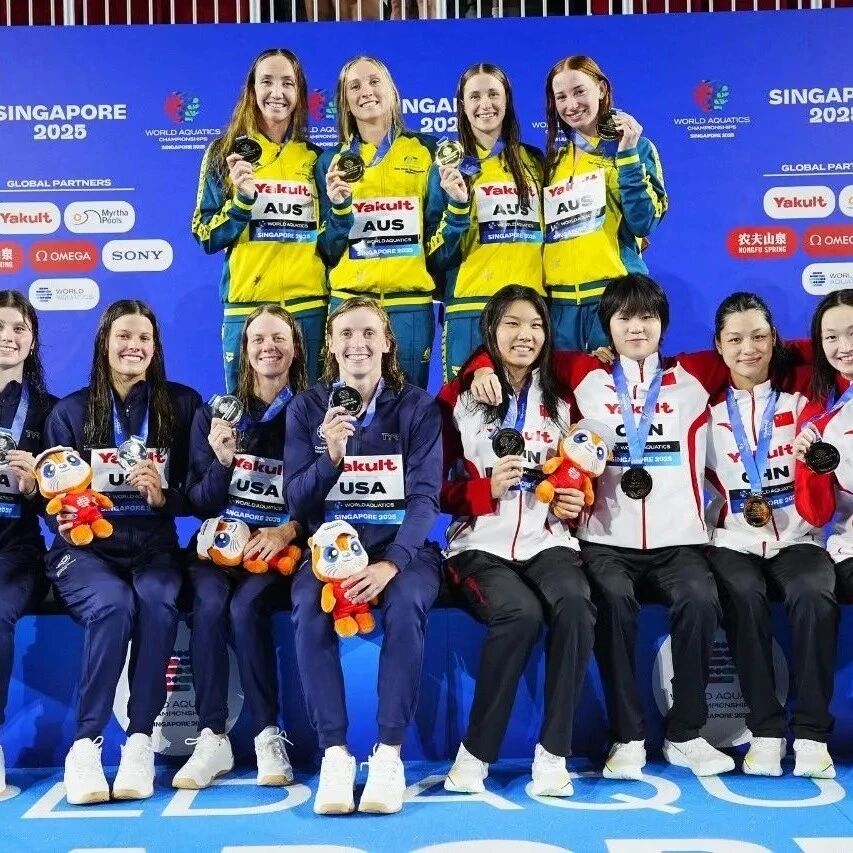Extraordinary Moment: Olympic swimming gold medalist Kirsty Coventry Elected as IOC President
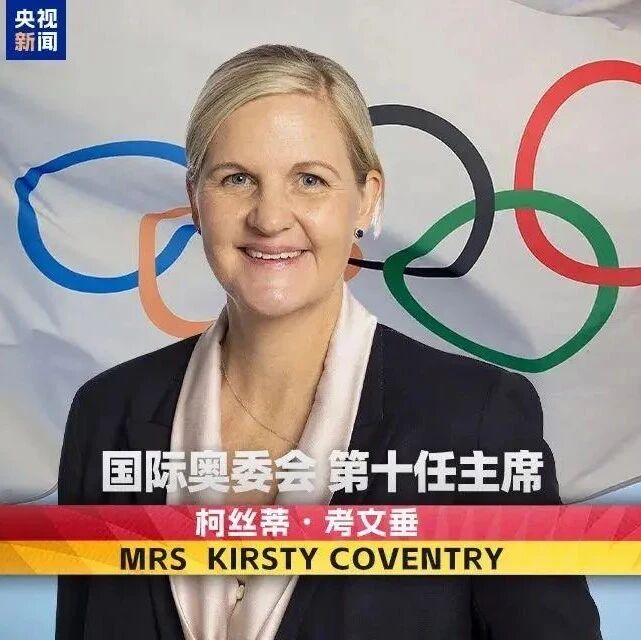


On March 20, the 144th Session of the International Olympic Committee elected Kirsty Coventry as the IOC's 10th President, making her the first female and first African-born president in the history of the IOC.
In the International Olympic Committee's nearly 131-year history, eight of the previous nine presidents have come from Europe, while one hailed from the United States.
Coventry will officially take office on June 24, 2025, succeeding Thomas Bach, who has led the International Olympic Committee for 12 years.
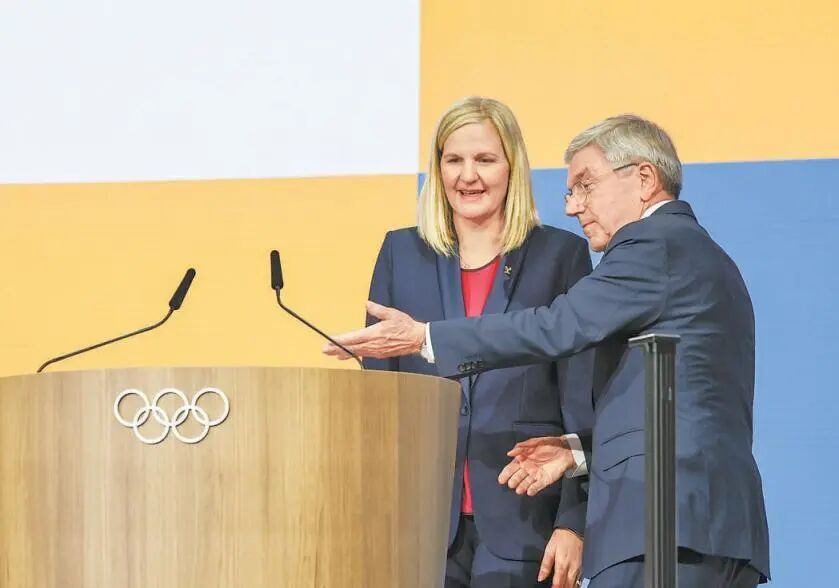
Strengthen cooperation with international sports federations to enable them to play a greater role in events such as the Olympic Games, Olympic qualifying tournaments, and the Esports Olympics, thereby enhancing the global impact of these competitions while also ensuring the financial stability of each federation within the Olympic system.
Promote reforms in Olympic media communication, strengthening collaboration with digital media and streaming platforms to attract a broader and more diverse audience. By innovating communication strategies, enhance the Olympics' appeal among younger generations of viewers.
Born on September 16, 1983, in Harare, the capital of Zimbabwe, Coventry came from a white, middle-class family with deep ties to swimming. Her grandfather was the president of the swimming association, while her father, Robert, and mother, Lyn, were both accomplished swimmers themselves. From an early age, Coventry developed a passionate love for the sport, joining a local swimming club at just nine years old. To help her pursue her talent, her family frequently took her to the United States and Australia for training opportunities. Before 1999, Coventry attended the traditionally conservative Dominican Convent High School in Harare. Then, in 2000, at the tender age of 16, she made her Olympic debut in the pool at the Sydney Games, advancing to the semifinals of the women’s 100-meter backstroke event.
In 2003, Coventry enrolled at Auburn University in Alabama, USA, to study hotel management and joined the university’s varsity team. Over the years 2004 and 2005, she secured four gold medals at the NCAA Swimming Championships, earning her selection to the College Swimming Coaches Association. She was also honored as the SEC’s Best Swimmer and Best Female Athlete for the 2004-2005 season, as well as receiving the prestigious Honda Award for Swimming in 2005. At the 2007 World Championships in Melbourne, Coventry claimed silver medals in the 200m backstroke and the 200m individual medley, while dominating the Japan Shisano International Swimming Invitational, where she clinched four consecutive gold medals.
Coventry is an African pride, nurtured by Zimbabwe's elite families within the U.S. swimming system. She competed in five Olympic Games, earning a total of seven medals: 2 gold, 4 silver, and 1 bronze. Coventry has become her country's biggest sports star and stands as one of Africa's most successful Olympic athletes. At the time, Zimbabwe had won just eight Olympic medals in its entire history—yet Coventry accounted for seven of those eight. Zimbabwe's then-President Robert Mugabe even bestowed upon her the title "A Golden Girl."
At the 2004 Athens Olympics, 21-year-old Coventry competed in the 100m and 200m backstroke, as well as the 200m individual medley, earning medals in all three finals: a silver in the 100m backstroke (1:00.51), a gold in the 200m backstroke (2:09.19), and a bronze in the 200m individual medley (2:12.72). Notably, her gold medal in the women’s 200m backstroke marked Zimbabwe’s second-ever Olympic gold since the country gained independence in 1980—previously, the Zimbabwean women’s field hockey team had claimed the top spot at the 1980 Moscow Games—and it was also the nation’s first-ever individual-event gold medal.
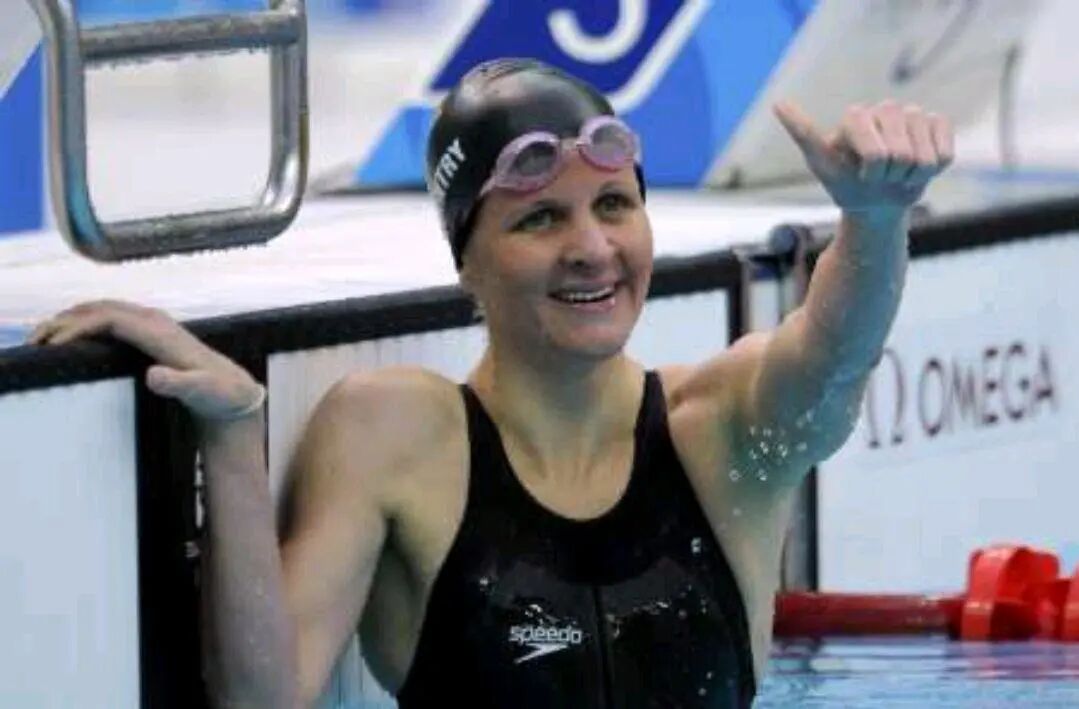
Coventry’s sporting achievements fostered unity among Zimbabweans. After winning one gold, one silver, and one bronze medal in Athens, she was welcomed home with the same fervor reserved for national heroes. On the evening of August 25, 2004, Zimbabwean President Robert Gabriel Mugabe hosted a celebratory reception for Coventry at the State House, where he presented her with a diplomatic passport and a $50,000 prize.
The 2008 Beijing Olympics were the highlight of 25-year-old Coventry’s career, as she competed in four events: the women’s 100m backstroke, the women’s 200m individual medley, the women’s 400m individual medley, and the women’s 200m backstroke. With her outstanding performance, she secured an impressive medal haul of 1 gold and 3 silver medals. Notably, in the women’s 200m backstroke final, she clinched first place with a time of 2:05.24, breaking the world record in the process. At the time, Paul Chingoka, then President of the Zimbabwe Olympic Committee, praised her enthusiastically from the Beijing Olympic stands, declaring, "She is our national treasure!" It was this remarkable success at the Beijing Games that inspired her to continue competing—and ultimately compete again at the 2012 London Olympics.
During an interview with Xinhua News Agency, Coventry once said: "Every time I think of the Beijing Olympics, I can’t help but smile brightly." In her eyes, that experience was an absolutely pivotal part of her entire athletic career. It was precisely her success in Beijing that inspired her to compete again at the 2012 London Olympics—and later motivated her to join the International Olympic Committee’s Athletes’ Commission, paving the way for her entry into the world of sports administration.
After retiring from her athletic career, Coventry has been dedicated to advancing global sports development. In 2013, she was appointed as an IOC member and later served as Chair of the IOC Athletes' Commission, becoming a leading voice for athletes' rights worldwide. Under her leadership, the IOC strengthened athletes' decision-making power and introduced enhanced measures to support post-competition career development and mental health initiatives. Additionally, she currently chairs the Coordination Commission for the 2026 Dakar Youth Olympic Games and the 2032 Brisbane Olympics, playing a key role in the meticulous planning and preparation for these major events. Beyond her international work, Coventry is also deeply involved in sports governance within her home country. In 2018, she was appointed Minister of Sports, Recreation, and Arts in Zimbabwe, where she’s committed to promoting youth sports, gender equality, and building grassroots sports infrastructure—aiming to empower the younger generation through the transformative power of athletics.
On August 9, 2021, the Zimbabwean government held a solemn ceremony at the National Heroes' Acre on the outskirts of the capital, Harare, to commemorate the country’s 41st National Heroes Day. During the event, President Mnangagwa, who also serves as Chairman of Zimbabwe’s National Honours and Awards Committee, presented state medals for the first time to 16 distinguished Zimbabweans, honoring their outstanding contributions to the nation under the recently established "Republic of Zimbabwe National Honours and Awards System." Among the recipients, Coventry was awarded the Gold Star Medal.
After 2008, Coventry has returned to China multiple times, each time in a different capacity. At the 2022 Beijing Winter Olympics, the "Water Cube" transformed into the "Ice Cube," leaving Coventry, who was there to watch live, deeply impressed. "When I saw the very pool where I competed in 2008 now hosting curling events, and witnessed winter athletes battling for medals firsthand, I felt both awe and immense pride," she said. She highly praised China's significant contributions to promoting the Olympic movement, noting that from the Beijing Olympics to the Nanjing Youth Olympic Games and now the Beijing Winter Olympics, China’s unwavering commitment to building world-class sports facilities—and fostering grassroots participation in sports—has been nothing short of remarkable.
This February, the 9th Asian Winter Games were held in Harbin, and Coventry was also on site. She told reporters that despite the chilly weather, witnessing so many athletes competing firsthand clearly demonstrated the booming popularity of winter sports in China. "This is the extraordinary legacy of the Beijing Winter Olympics!" she exclaimed.
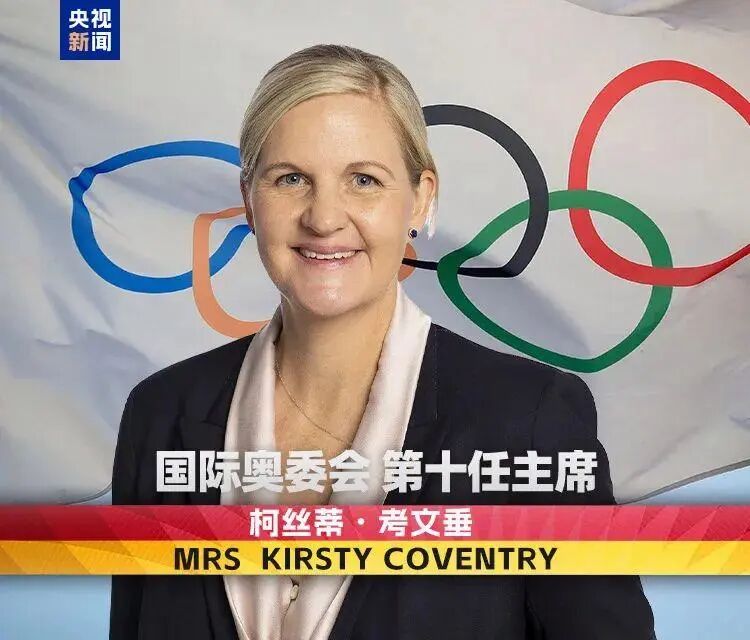
In December 2012, Coventry married Tyrone Seward after the London Olympics. The two first met in 2009 through a mutual friend; Seward was four years older than her and became her manager in 2010.
Coventry wrote on her Facebook page, "In African culture, you’ll always find two timeless elements passed down through generations: the importance of family and the significance of tradition. Tyrone and I understand, respect, and actively embrace this principle." At the wedding, Coventry’s parents insisted that the groom’s family must pay lobola—the traditional bride price given by the groom’s side to the bride’s family in Zimbabwean culture—claiming it was an essential part of Zambian customs. As a result of a final pre-wedding meeting around a round table involving the groom’s parents and the newlyweds, Seward fulfilled his wife’s family’s request in January 2013 by presenting a cow and two chickens after the ceremony.
The couple’s wedding was officially finalized only after the lobola payment was made—a detail that instantly made headlines across Southern African countries at the time. Coventry took to Twitter to announce the news, praising this African marriage tradition as a powerful way to bring families together: "I’m so proud of Tyrone—lobola has been agreed upon, and payments have already begun. He doesn’t ‘own me,’ though—that’s not the point of lobola. This is a centuries-old tradition in Southern Africa, where a man offers a prearranged set of assets in exchange for a woman’s consent to marry. It not only demonstrates to her family that he can provide for their daughter but also strengthens the bond between the two households. For years, the lobola was traditionally presented to the bride’s father, ensuring that her family would at least get to visit their daughter once a year."
In Coventry's view, women's independence and traditional customs are not mutually exclusive. She once briefly adopted her husband's surname, but later decided to reclaim her own—Coventry—instead, as a way to assert her female identity and autonomy.
Day 1 Results from the National Spring Swimming Championships: Sun Jiajun Claims Gold in the 100m Butterfly
Results from the National Spring Swimming Championships on the 19th: Sun Jiajun and Yu Yiting clinched the gold medals, while Sun Yang took home the silver.
Results from the National Spring Swimming Championships on the 20th: Qin Haiyang and Yu Yiting win the gold medals.
Results from the National Spring Swimming Championships on the 21st: Zhang Zhanshuo wins his third gold medal.
National Spring Swimming Championships | Last night! Qin Haiyang wins gold in the men's 200m breaststroke, while Yang Peiqi claims victory in the women's 400m freestyle.

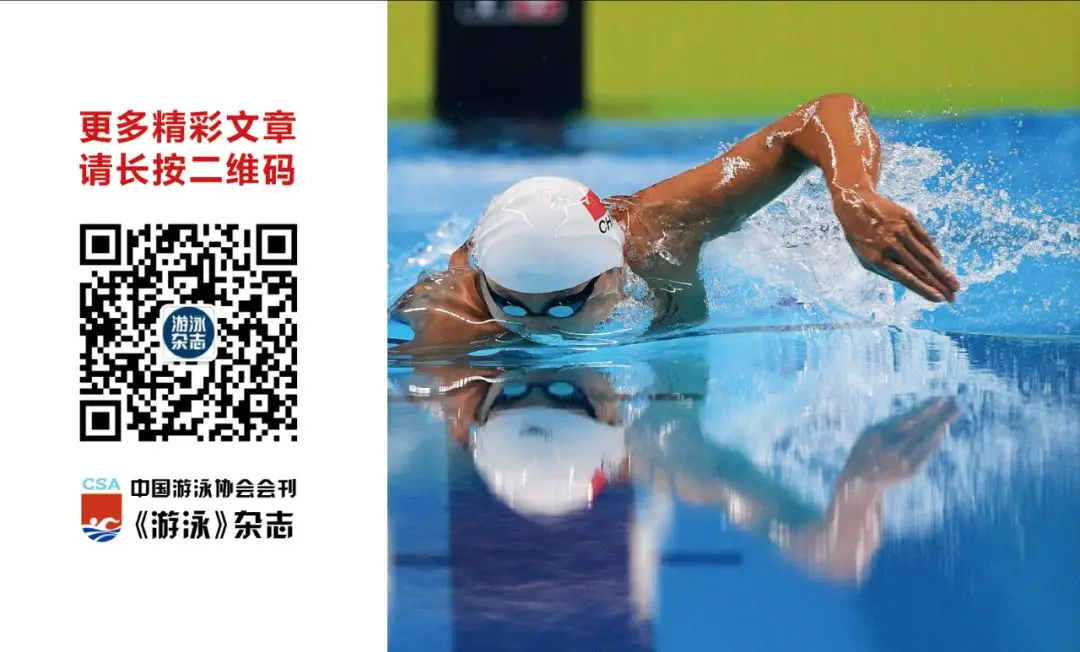
Related Articles
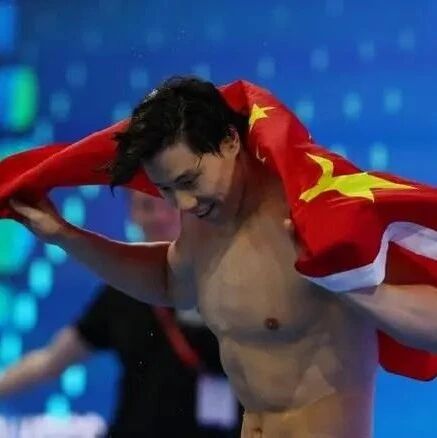
On Day 6 of the Singapore World Swimming Championships: Qin Haiyang stages a thrilling comeback in the 200m breaststroke to claim the gold, while Zhang Zhanshuo leads China's relay team to a historic silver medal after overtaking in the final leg, breaking the Asian record in the process.
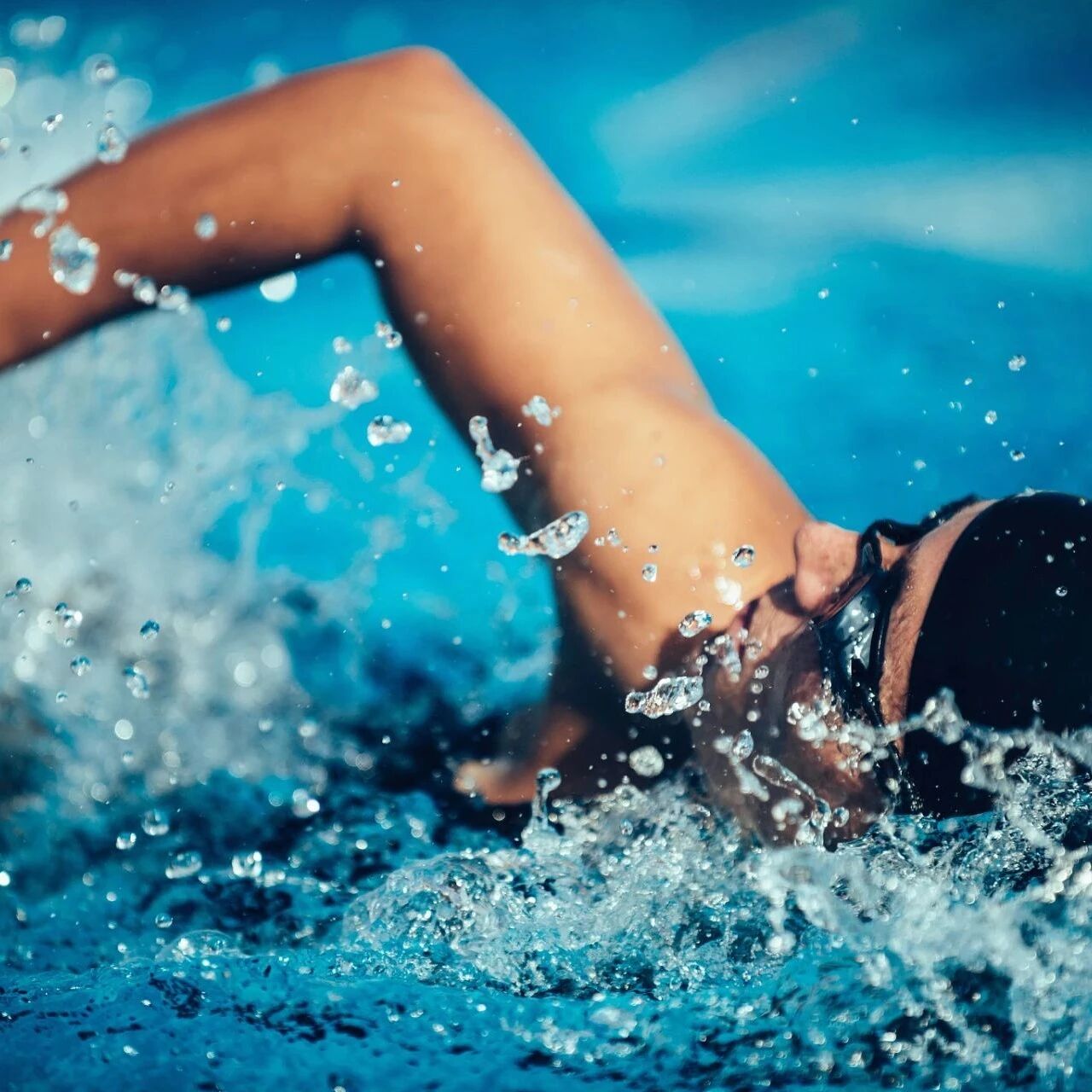
Doctors Advise: Seven Strategies to Extend "Healthy Lifespan"
